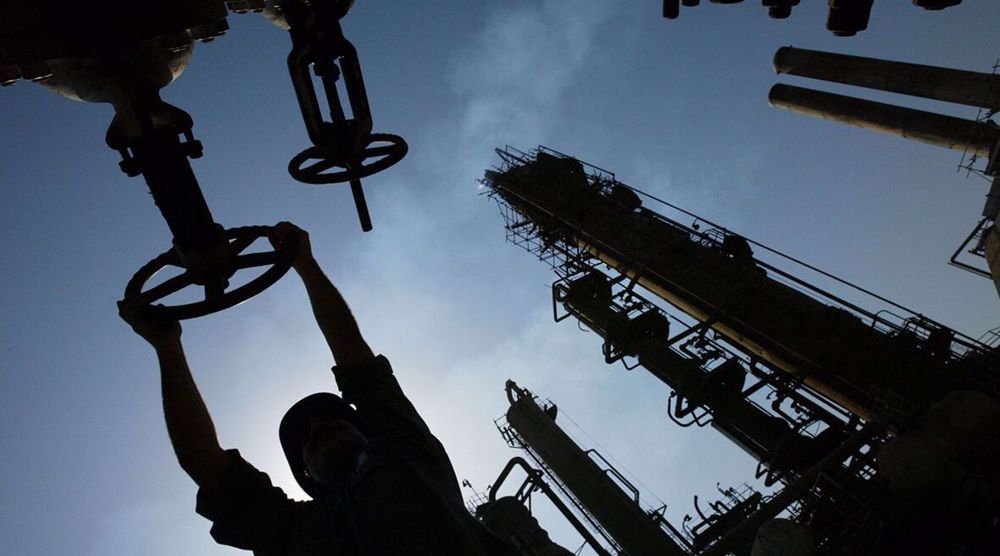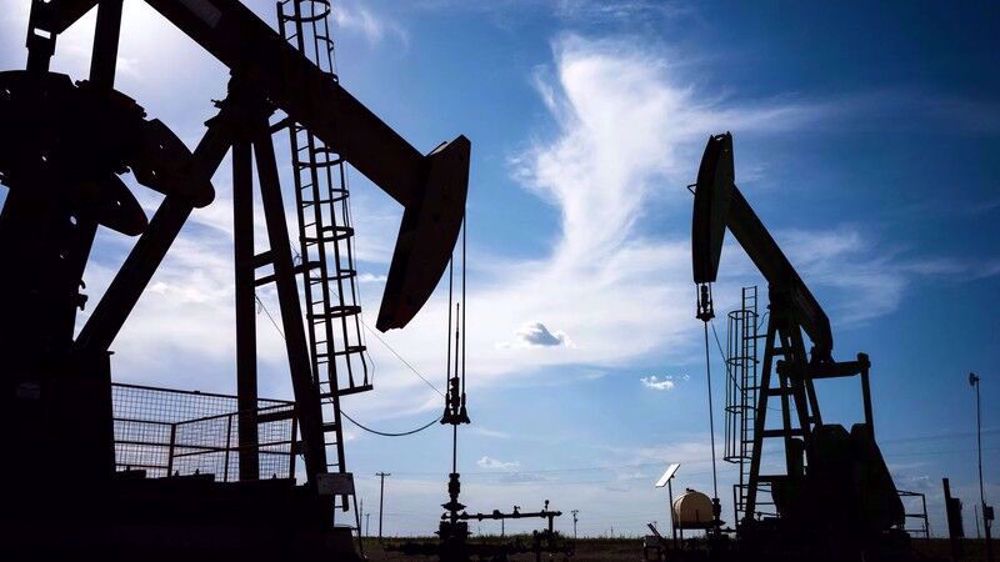Russia cuts oil output by 156,000 bpd for OPEC deal
Russia says it has cut oil output by 156,000 barrels per day as part of a deal reached in December between members of the Organization of the Petroleum Exporting Countries (OPEC) and other countries to slash global production by nearly 1.8 million barrels per day for six months.
Addressing reporters in Moscow, Russian Energy Minister Alexander Novak said his country was ahead of schedule with its portion of the output cuts and that oil stocks on world markets would fall.
He went further to say that for a decision on whether or not to extend the deal, oil producers would need to assess how the market will be in March, April and May.
The cuts in OPEC and non-OPEC members deal were introduced with the aim of reducing a global slump in oil prices, which had been on the decline for nearly two years.

OPEC however exempted key member Iran from cutting output and allowed the country to increase its crude production by 90,000 bpd to reach pre-sanction output levels of 4 million barrels per day.
Iran’s energy sector was hit by the US-led sanctions in 2012, reducing the country’s crude exports from 2.5 million bpd to nearly 1 million barrels per day.
Due to the sanctions imposed by the US and the EU, Iran's exports of crude oil and lease condensate dropped to their lowest level since 1986. The sanctions also negatively affected investment in Iran's oil sector, cutting crude production sharply.
In July 2015, Iran and the five permanent members of UN Security Council plus Germany clinched a deal following marathon talks. Under the international agreement, Tehran agreed to put curbs on its nuclear program in exchange for the removal of unilateral sanctions.
Nigeria and Libya were also exempted from the planned output cut due to internal conflicts which have already decreased their crude production.
'Israel booby-trapped walkie-talkies, pagers years before Lebanon blasts'
Gaza Health Ministry calls for urgent intl. help to protect hospitals amid Israeli genocide
Stakes involved in Iran’s partnership with Eurasian Union
VIDEO | Press TV's news headlines
Iran says ‘ready’ to reopen embassy in Syria, holds talks with Damascus
VIDEO | 12 people killed in ammunition factory blast in northwest Turkey
Iraq’s PMU masses resistance forces on border with Syria amid mounting concerns
Israel killed over 700 athletes in Gaza since October 2023










 This makes it easy to access the Press TV website
This makes it easy to access the Press TV website